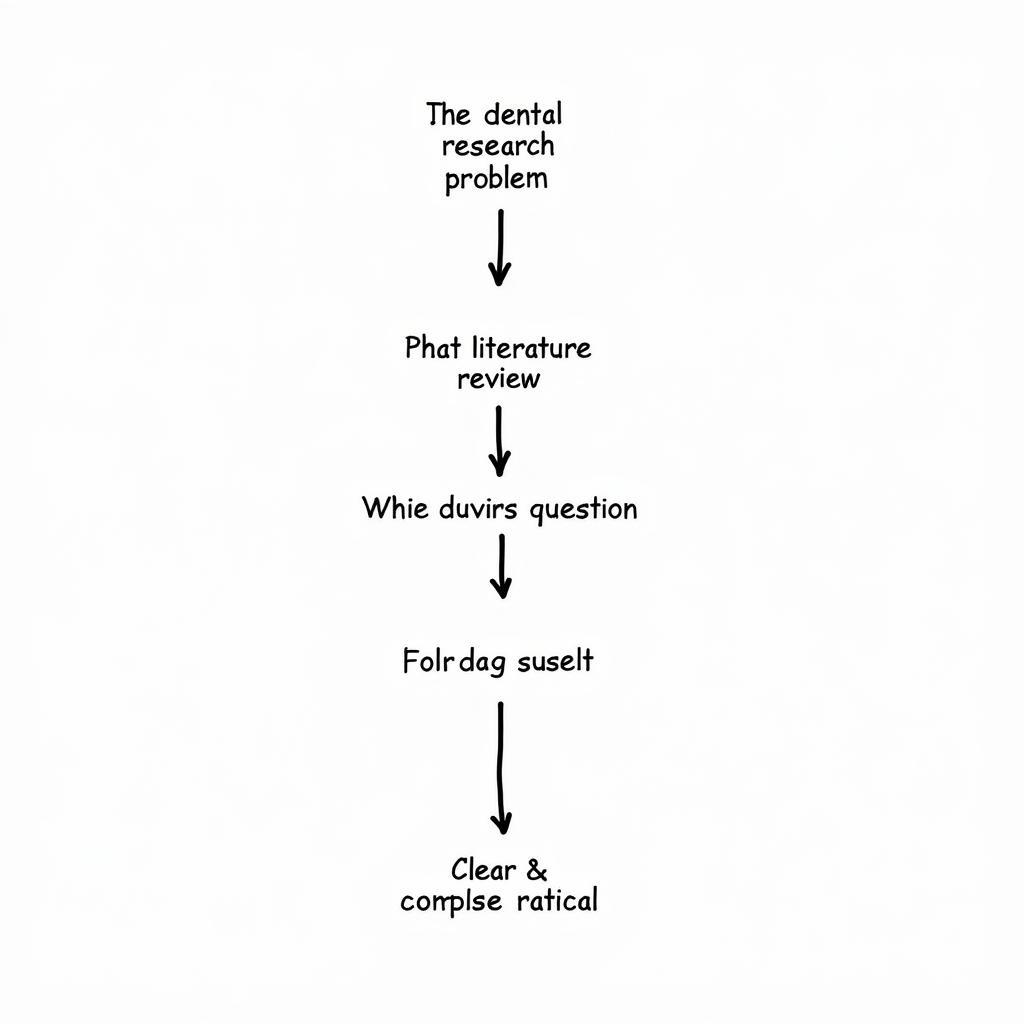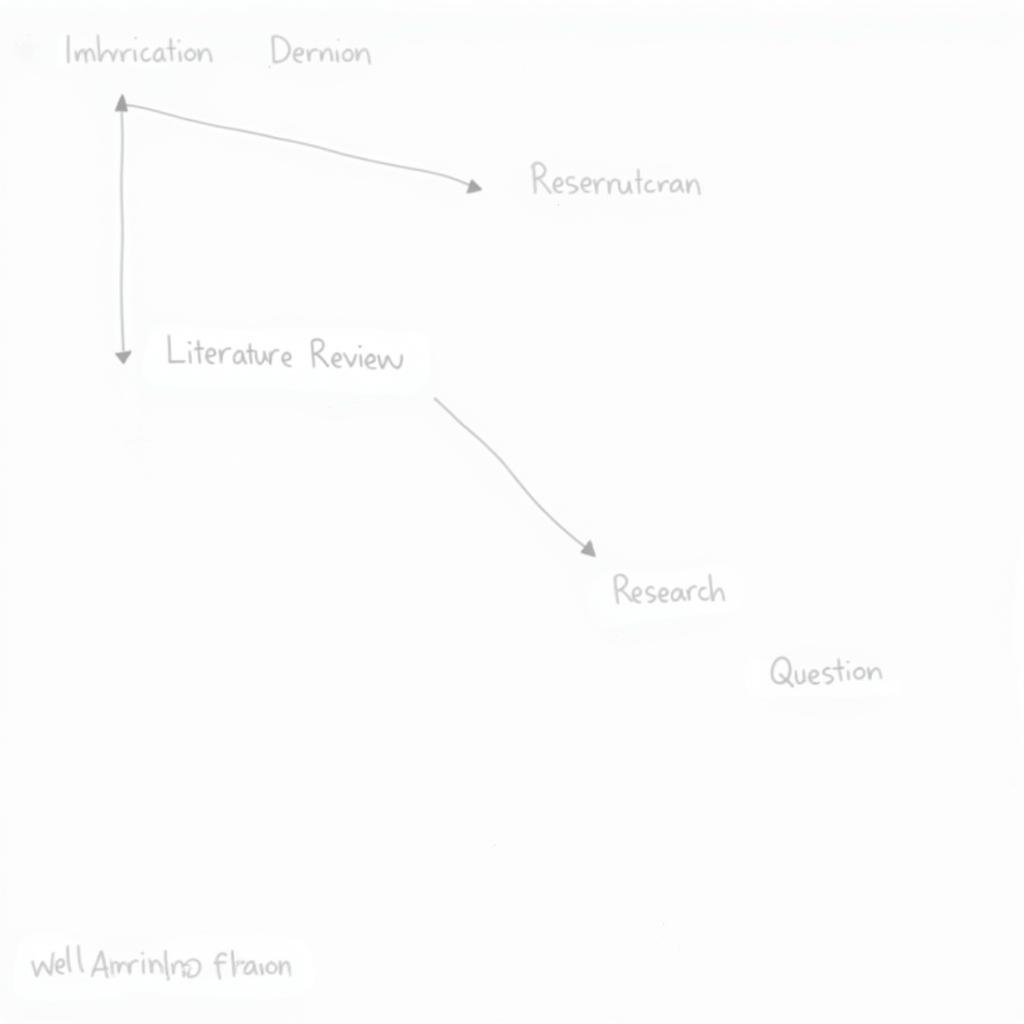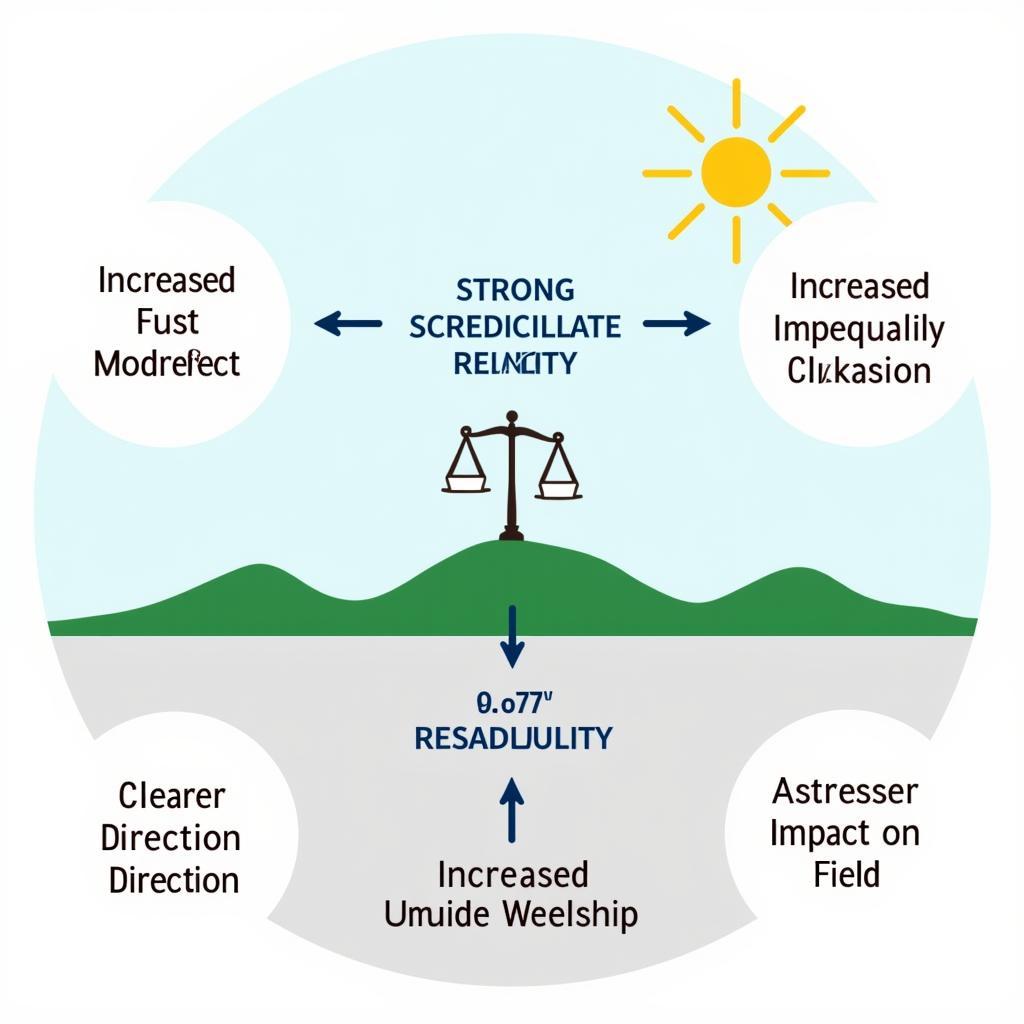A rationale for a research paper, in its simplest form, explains why your research is needed. It sets the stage by highlighting the importance of your chosen topic and justifying the need for further investigation. It bridges the gap between what is already known and what your research aims to uncover. Within the first 50 words of this article, we’ll delve into the core components of a compelling rationale.
Understanding the Purpose of a Research Rationale
A research rationale is crucial for several reasons. It convinces your audience that your research question is worth exploring, demonstrates the potential impact of your findings, and provides context for your study within the existing body of knowledge. It’s the foundation upon which your entire research project is built. Without a strong rationale, your research might lack direction and purpose. A well-crafted rationale not only clarifies your research goals but also showcases your understanding of the topic and its significance.
Key Elements of an Effective Rationale
A compelling rationale should address the following questions: What is the problem or issue being addressed? Why is this research important? What are the potential benefits of this study? What gap in existing knowledge does this research fill? How will this research contribute to the field? By answering these questions, you can build a solid foundation for your research. A clear and concise rationale will demonstrate your expertise and passion for the topic, engaging your audience and making them invested in your research journey.
For example, if you are researching the effectiveness of a new paranormal investigation technique, your rationale might explain the limitations of current methods and how your research could lead to more reliable results. It might also address the potential impact of these findings on the field of Paranormal Research as a whole.
 Diagram of Key Elements of a Research Rationale
Diagram of Key Elements of a Research Rationale
Crafting a Compelling Rationale: A Step-by-Step Guide
Writing a strong rationale involves a systematic approach. First, identify a specific research problem or question that intrigues you. Then, conduct a thorough literature review to understand the existing knowledge and identify any gaps or unresolved issues. Based on this review, formulate a clear research question and develop a rationale that justifies the need for your research.
- Identify the Research Problem: Clearly define the issue or problem your research aims to address.
- Review Existing Literature: Explore relevant research to understand the current state of knowledge.
- Formulate a Research Question: Develop a specific, focused question that your research will answer.
- Justify the Need for Research: Explain why your research is necessary and what contribution it will make.
- Highlight Potential Benefits: Discuss the potential impact of your findings and how they might be applied.
 Flowchart Illustrating the Research Process from Problem Identification to Rationale Development
Flowchart Illustrating the Research Process from Problem Identification to Rationale Development
The Importance of a Strong Rationale in Research
A strong rationale is the backbone of any successful research paper. It not only provides a clear justification for the study but also demonstrates the researcher’s understanding of the topic and its significance. A well-articulated rationale strengthens the credibility of the research and increases the likelihood of its acceptance by the academic community. It also helps to guide the research process and ensure that the study remains focused and relevant.
“A compelling rationale sets the stage for impactful research. It’s the compass that guides the researcher and convinces the audience of the study’s worth,” says Dr. Amelia Spectre, a leading expert in paranormal methodologies.
sample of action research paper
 Visualization of the Impact of a Strong Rationale on Research Success
Visualization of the Impact of a Strong Rationale on Research Success
Conclusion
Understanding What Is A Rationale For A Research Paper is essential for conducting impactful research. It provides a framework for your study, demonstrating the need for your research and its potential contribution to the field. By following the steps outlined in this article, you can craft a compelling rationale that sets the stage for a successful research project.
FAQ
- What is the purpose of a research rationale?
- How do I write a rationale for a research paper?
- What are the key elements of a research rationale?
- Why is a strong rationale important?
- What are some common mistakes to avoid when writing a rationale?
- How long should a research rationale be?
- Can I revise my rationale after I’ve started my research?
“A well-crafted rationale isn’t just about justifying your research; it’s about inspiring others to believe in its potential,” adds Professor Edgar Wraith, a renowned scholar in paranormal studies.
For further guidance, you can explore our resources on research paper materials and methods example and research project outline.
Need help with your research? Contact us 24/7 at Phone Number: 0904826292, Email: research@gmail.com or visit us at No. 31, Alley 142/7, P. Phú Viên, Bồ Đề, Long Biên, Hà Nội, Việt Nam.